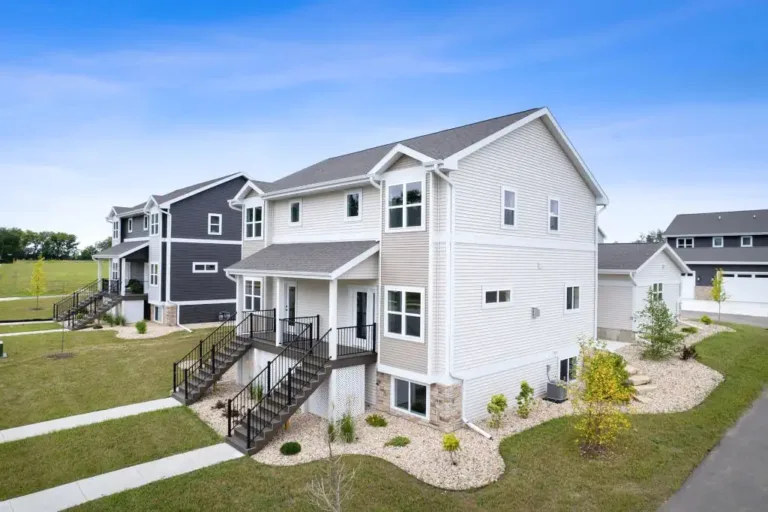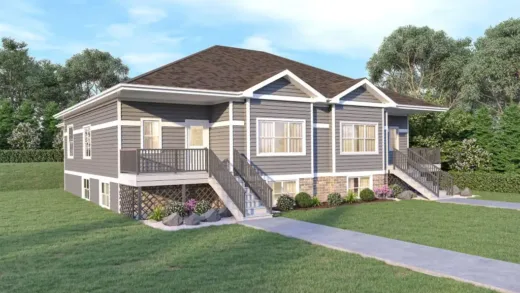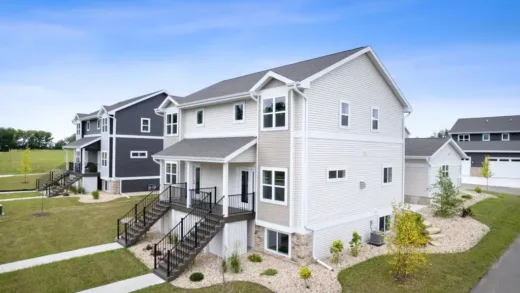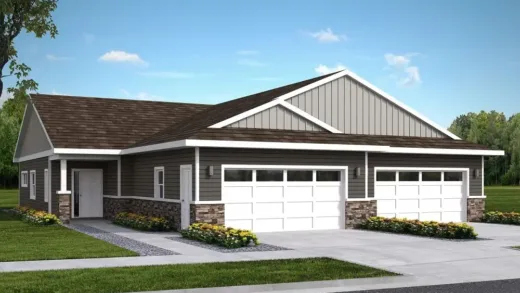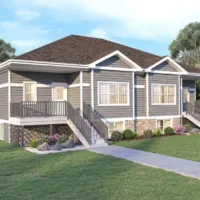Welcome to the world of condo association budgets!
If you’re picturing a bunch of numbers that could put a calculator to sleep, this guide is here to make sense of it all and how to understand the Financial Blueprint of your Condominium Community.
Let’s dive in.
Contents
What is a Condo Association Budget?
Think of a condo association budget as the financial roadmap for your condominium community. It’s a plan that outlines how much money is expected to come in and go out over the year. Without a budget, your condo association would be navigating financial uncertainty.
Typical Contents of a Condo Association Budget
Income
- Assessment Fees: The primary source of income. These are the fees collected from each unit owner, usually monthly or quarterly, to fund the association’s operations.
- Special Assessments: Sometimes, a condo needs extra cash for unexpected expenses. Special assessments are one-time fees levied on owners to cover these costs.
- Other Income: This can include income from clubhouse rentals, laundry facilities, or investment income.
Operating Expenses
- Administrative Costs: These include management fees, office supplies, legal fees, and insurance.
- Contract Services: This includes services from third-party vendors such as janitorial, security, and landscaping services.
- Insurance Costs: Comprehensive insurance coverage is a must for any condo association, covering property damage, liability, and other risks.
- Maintenance and Repairs: Routine maintenance, like landscaping and cleaning, as well as minor repairs.
- Snow Removal: In Wisconsin, winter can be harsh. Budgeting for snow removal is essential to keep walkways and driveways clear, ensuring the community remains accessible even in heavy snowfall.
- Utilities: Water, electricity, gas, and other utility costs for common areas.
Reserves
- Reserve Fund Contributions: Money set aside for major repairs and replacements, like a new roof or repaving the parking lot.
- Reserve Studies: Professional evaluations to determine how much should be set aside in reserves.
Contingency Fund
- Emergency Funds: A small portion of the budget allocated for unforeseen emergencies.
The Importance of Setting and Understanding the Budget
- Financial Stability: A well-planned budget ensures the association can meet its financial obligations without resorting to surprise assessments or loans.
- Transparency and Trust: Clear and detailed budgets help build trust among unit owners. When everyone knows where their money is going, it’s easier to maintain a harmonious community.
- Long-Term Planning: Budgets that include reserve funds allow for long-term planning and prevent financial shortfalls. It’s about ensuring your condo community remains a pleasant place to live, now and in the future.
- Legal Compliance: In Wisconsin, as in many states, condo associations are required by law to maintain a budget and keep it available for review by members. Not following this can lead to legal issues.
- Enhanced Property Values: A financially healthy condo association contributes to higher property values. Potential buyers are more likely to invest in a community with a solid financial plan.
Tips for Effective Budgeting
- Regular Reviews: Review the budget quarterly to ensure everything is on track. Adjust as necessary to avoid year-end surprises.
- Involve the Community: Get input from unit owners and keep them informed. Transparency fosters trust and cooperation.
- Professional Guidance: Hire a professional management company or accountant if necessary. Their expertise can save money and headaches in the long run.
- Plan for the Future: Always think ahead. Ensure the reserve fund is adequately funded and consider potential future expenses.
Conclusion
Creating and maintaining a condo association budget might not be the most thrilling task, but it’s essential for the financial health of your community.
With a clear understanding of the typical contents and the importance of a well-structured budget, you’ll be well-equipped to navigate the financial landscape of your condominium association.
Remember, a good budget isn’t just about keeping the lights on; it’s about building a strong, stable, and harmonious community.
